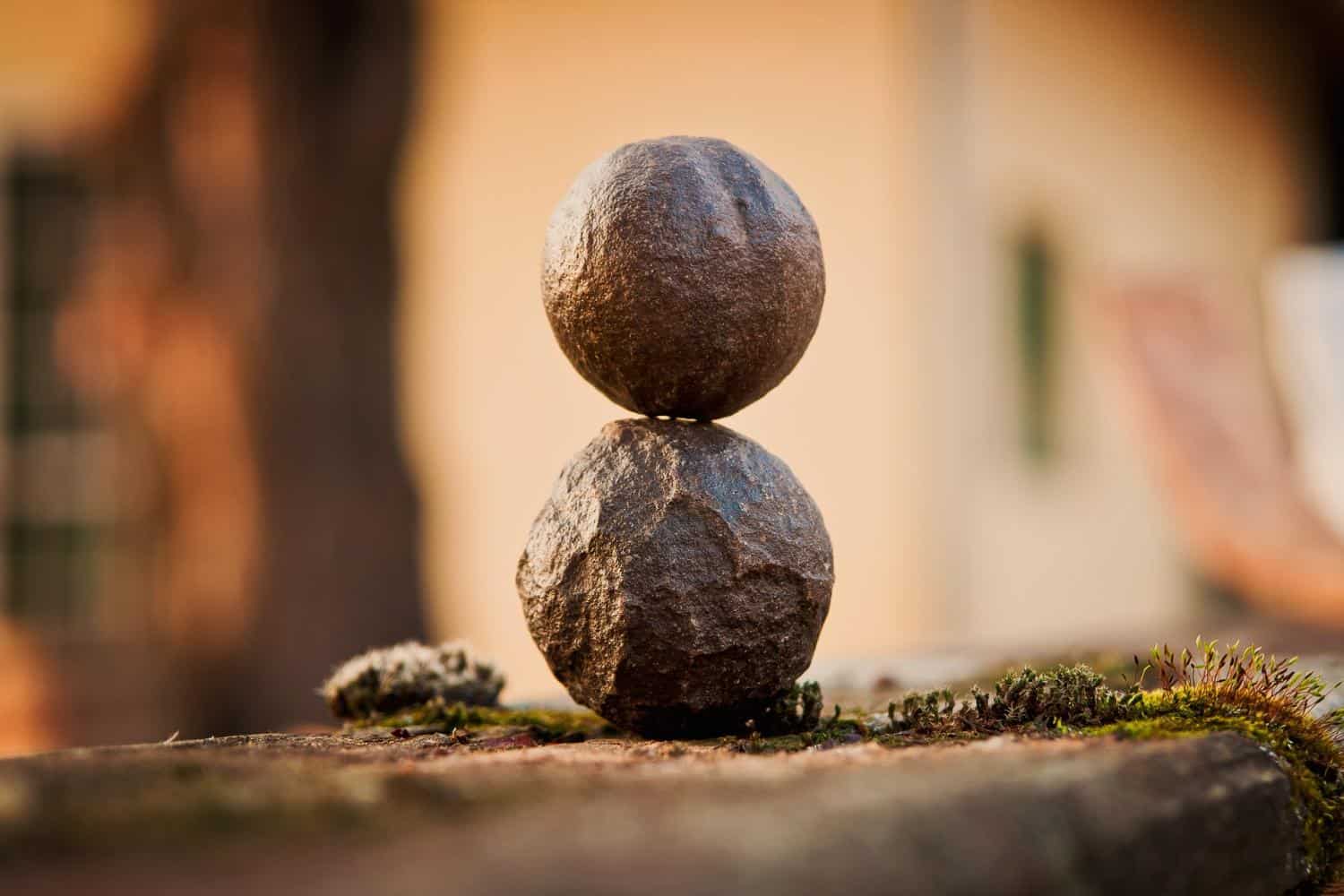
About Course
Mindfulness-Based Stress Reduction (MBSR) is a blend of meditation, body awareness, and yoga: Developed by the University of Massachusetts, this program provides an in-depth learning program, that looks at the mind, body, and emotions, through practice and study how your body handles (and can resolve) stress neurologically. As you go through this program you will be challenged to look at your body, mind, and emotional patterns.
This course consists of 8 modules. Each module has several lessons to guide you in developing both your inner connections to body, mind, spirit, food, and sleep, as well as various anchors, tools, and perspectives to connect with your outside-in views of the environment and relationships.
Through this MBSR course, you will learn skills that can increase your ability to:
- Cope with stress, pain, and the challenges of everyday life
- Deal with disturbing events with grace and composure
- Be fully present and alive in each moment and then the next
While MBSR is not a “cure” for serious medical conditions and should not be used as a substitute for medical treatment, research indicates that mindfulness training can have a significant therapeutic effect for those experiencing stress, anxiety, high blood pressure, depression, chronic pain, migraines, heart conditions, diabetes, and other ailments. In addition, participants typically report feeling more alive, more “in-tune” with themselves and others.
If you want to know even more…
You don’t really need to know more about mindfulness to get started with the MBSR course, but if you are interested, you can view the information-packed video of Jon Kabat-Zinn speaking at Google that goes into much more detail than the short videos below, including more about the research that validates the practice of mindfulness in terms of physical health and psychological well-being.
The importance of practice:
This course is highly experiential and the daily practice is perhaps the most important component. You wouldn’t expect to learn to surf by reading a book about surfboards and waves, and learning a mindfulness practice is no different than any other skill that involves both mind and body. You know from your own experience in learning to play an instrument, or a sport, or any complex skill whatsoever, that practice is important. Your body/mind is the most complex instrument in the universe. It takes time and practice to use it effectively and harmoniously.
For this reason, we recommend that you set aside about 30 minutes a day for practice. This may be the most difficult hurdle you face in getting started because one of the very issues you are facing maybe not having enough time for all that needs to get done in a day – how are you going to find an extra 30 minutes? Previous participants have said that after a few weeks of practice, although their time to “do things” is technically 30 minutes less, there can be a feeling of having more space and time, even in the middle of a very busy day.
Course Content
Module 1 – Introduction to Sensing Your Body
-
Lesson 1 – Introduction – The Commitment – Sensing your Body
-
Lesson 2 – Understanding the Body and Mind Connections
-
Lesson 3 – Looking at Food, Healing, Panic and Transformation
00:00 -
Lesson 4 -Savoring, Raisins, Books, Articles, Body & Breath
-
Mindfulness Quiz
